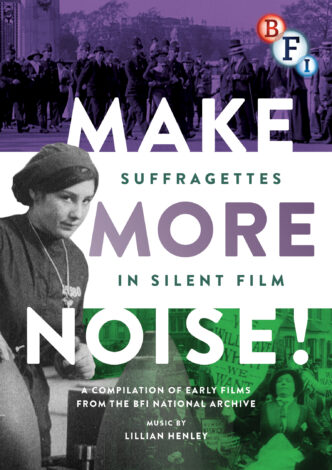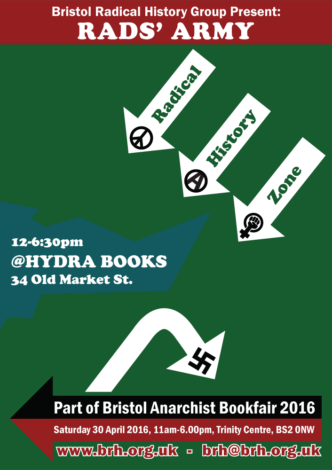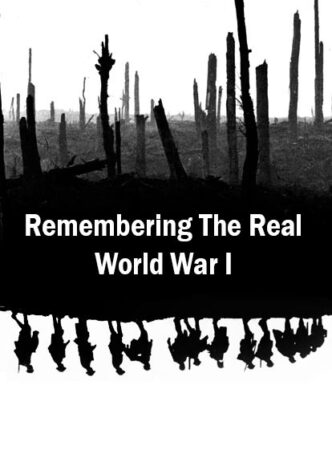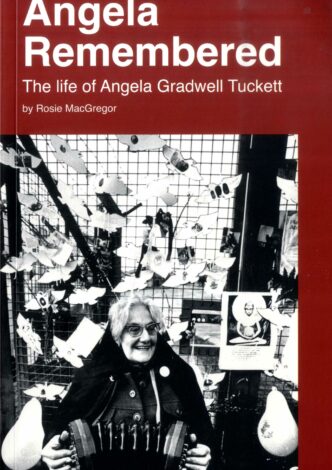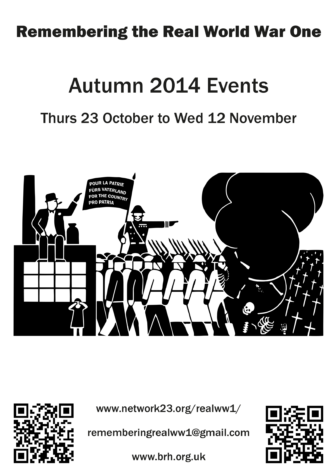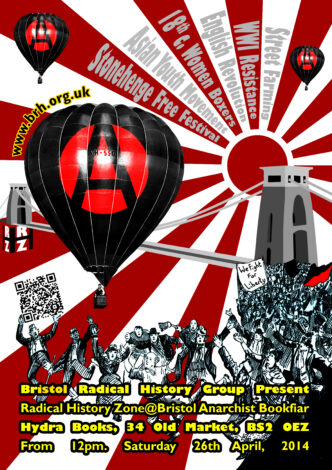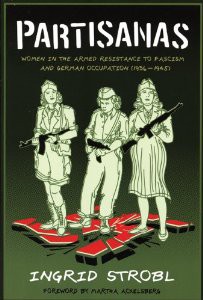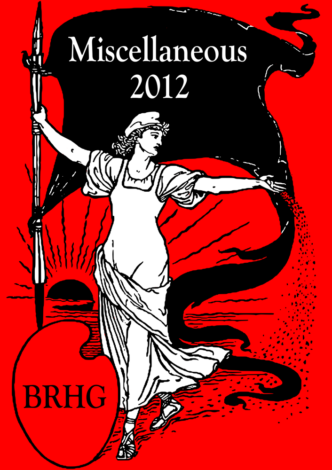Rebel Crossings
At Waterstones, use Union Street Entrance. Sheila Rowbotham recounts the interweaving lives of four women and two men – Helena Born, Miriam Daniell, Gertrude Dix, Robert Nicol, and William Bailie – as they migrate to America from Bristol, Edinburgh and Manchester. Radicalised by the rise of socialism, they cross the Atlantic dreaming of liberty and equality. Their lives open fascinating slants on both political and cultural movements and upon influential individuals like Walt Whitman, Eleanor […]


